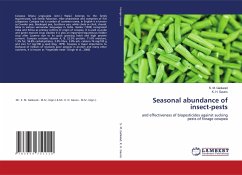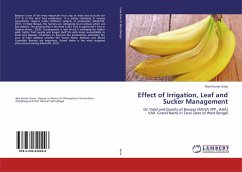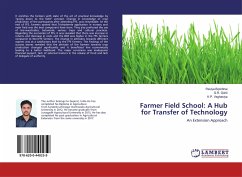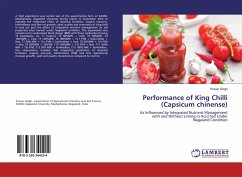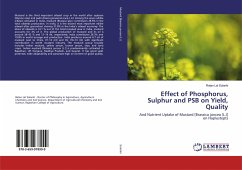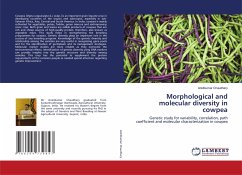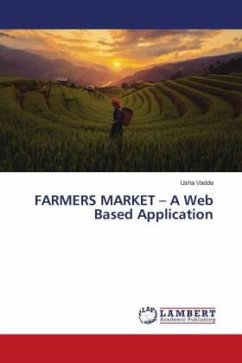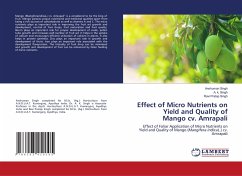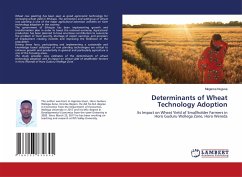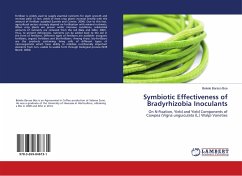
Symbiotic Effectiveness of Bradyrhizobia Inoculants
On N-Fixation, Yield and Yield Components of Cowpea (Vigna unguiculata (L.) Walp) Varieties
Versandkostenfrei!
Versandfertig in 6-10 Tagen
36,99 €
inkl. MwSt.

PAYBACK Punkte
18 °P sammeln!
Fertilizer is widely used to supply essential nutrients for plant growth and increase yield. In fact, yields of most crop plants increase linearly with the amount of fertilizer supplied (Loomis and Conner, 2004). Due to this fact, agricultural sectors strongly depend on fertilization with mineral nutrients. When crop plants are grown under intensive conditions, substantial amounts of nutrients are removed from the soil (Bala and Giller, 2001). Thus, to prevent deficiencies, nutrients can be added back to the soil in the form of fertilizers. Different types of fertilizers are available: inorgan...
Fertilizer is widely used to supply essential nutrients for plant growth and increase yield. In fact, yields of most crop plants increase linearly with the amount of fertilizer supplied (Loomis and Conner, 2004). Due to this fact, agricultural sectors strongly depend on fertilization with mineral nutrients. When crop plants are grown under intensive conditions, substantial amounts of nutrients are removed from the soil (Bala and Giller, 2001). Thus, to prevent deficiencies, nutrients can be added back to the soil in the form of fertilizers. Different types of fertilizers are available: inorganic fertilizers, organic fertilizers and bio-fertilizers. Among these, bio-fertilizers are the products containing living cells of different types of microorganisms which have ability to mobilize nutritionally important elements from non- usable to usable form through biological process (NIIR Board, 2004).



